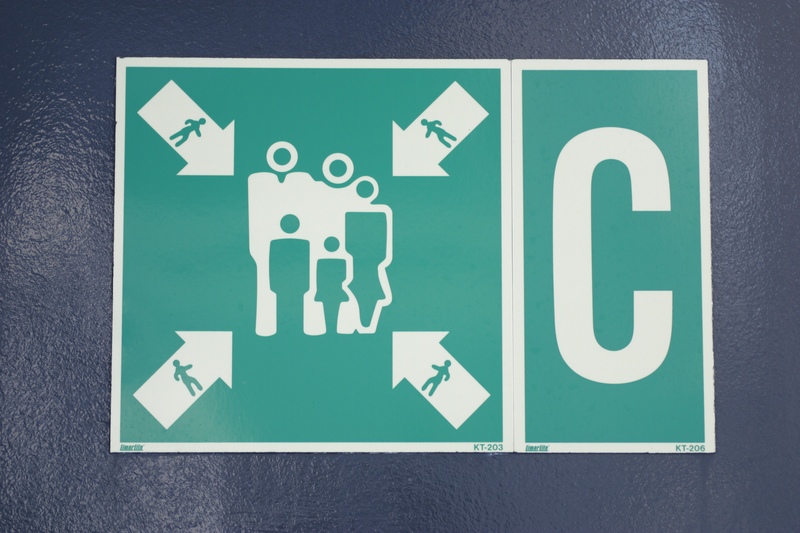FRIDAY, April 20 (HealthDay News) — Half-siblings of children with autism are at increased risk for the disorder, according to a recent study that provides new genetic clues about autism.
Previous research has shown that full siblings of children with autism are also at higher risk for the developmental disability. The new finding may not be surprising — given that half-siblings share about 25 percent of their genes — but provides new clues to how autism is inherited.
The study included more than 5,000 U.S. families enrolled in a nationwide autism registry in which there was a child with autism and at least one other sibling. Included were 619 families with at least one maternal half-sibling, meaning the children shared the same mother but not the same father. The researchers compared autism recurrence among the half-siblings to the rate among the full siblings.
The researchers also looked at half-siblings in a group of St. Louis families to try to replicate the findings from the larger study.
Overall, they found autism had been diagnosed in 10 percent to 11 percent of full siblings and 5 percent to 7 percent of half-siblings.
“We found that autism risk for half-siblings is about half of what it is for full siblings,” principal investigator Dr. John Constantino, director of child and adolescent psychiatry at the Washington University School of Medicine in St. Louis and psychiatrist-in-chief at St. Louis Children’s Hospital, said in a university news release.
“Most of the half-siblings we studied had the same mothers. Given that half of the risk of transmission was lost and half was preserved among those maternal half-siblings, mothers and fathers appear to be transmitting risk equally in families in which autism recurs,” Constantino said.
The findings also suggest that in many families, the transmission of autism from parents to children is the result of the effects of many genes, with each contributing a small proportion of the risk, he said.
The study was published online April 16 in the journal Molecular Psychiatry.
More information
The U.S. National Institute of Neurological Disorders and Stroke has more about autism.

